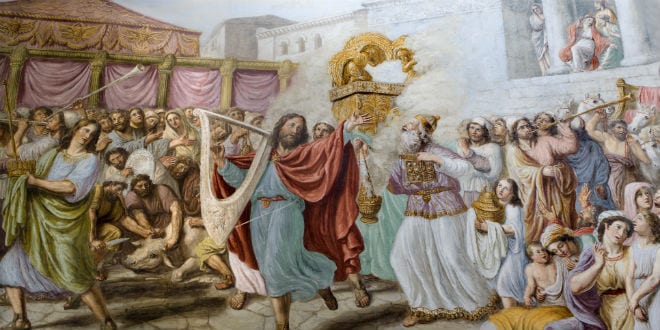The Hebrew Bible contains the words to ten songs that mark the most significant occurrences in human history. Known in Hebrew as the Ten Shirot (Songs), these are Biblical songs that Biblical figures sang in praise to God.
The tenth song, known as Shir haGeula, the song of the redemption, or Shir haMoshiach, the song of the Messiah, has yet to be sung. Its words come from the Book of Isaiah, chapter 26. Some say that it will be introduced by the verses in Isaiah 9:2-7.
On one level, the verses in Isaiah 9:2-7 refer to King Hezekiah, the 13th king of Judah. Hezekiah was a 15th generation descendant of King David and had the potential to become the Jewish Messiah. Despite the great spiritual revival that existed in those days, Hezekiah failed to reach the level of the Messiah.

On another level, the prophet Isaiah is speaking of a messianic salvation even further in the future, when the Jewish people will be held in the highest esteem by the nations of the world. God will yet do remarkable miracles for the Nation of Israel. These verses describe this future as a time of great joy, similar to joy that accompanies dividing the fruits of the harvest or the spoils of war.
In this future messianic era, God will remove the harshness of the enemies of Israel and will appoint a powerful and imposing leader, a descendent of King David, who will be known as the Prince of Peace.
The first verse of chapter 26 mentions the song that will be sung at the time of the final Redemption, after the war of Gog and Magog, to praise God for the ultimate salvation of Jerusalem and the Jewish people.
In that day shall this song be sung in the land of Yehudah: We have a strong city; walls and bulwarks doth He appoint for salvation. (Isaiah 26:1)
The first nine Biblical songs that precede the Song of the Messiah are:
1st – Mizmor Shir l’Yom Ha-Shabbat (A Psalm for the Sabbath Day) was sung by Adam when Creation was completed. The text is Psalm 92, which is part of the Jewish prayer service that inaugurates Shabbat every Friday at sundown.
2nd – Shirat haYam (Song of the Sea) was sung by the newly freed Israelite slaves after the Egyptian army drowned in the Red Sea. Its text is Exodus 14:30-15:19.
3rd – Shirat haBe’er (Song of the Well) was sung when the well of water that accompanied the Jews through the desert mixed with the blood of the enemy Amorites. The text is found in Numbers 21:16-18.
4th – Ha’azinu (to hear or to listen) was sung by Moses as his final message to the Jewish people. The text of the song is Deuteronomy 32:1-32:52.
5th – Shirat haGivon (Song of Givon) was sung when, in response to Joshua’s prayer, God made the sun stand still until the battle against the Canaanite king of Jerusalem was won. It is referred to in Joshua 10:12-15.
6th – Shirat Devorah (Song of Deborah) was sung by the prophetess Deborah after she led the Jews to victory over the armies of Canaan, led by Sisera. The text is Judges 4:4-5:31.

7th – Shirat Chana (Song of Hannah) was sung by the prophetess Hannah when God granted her a child (the prophet Samuel) after years of infertility. Its text is I Samuel 2:1-10.
8th – Shirat David (Song of David) was sung by King David after God saved him from all his enemies, including King Saul. The text is 2 Samuel 22. Another version of the text, with minor variations, is found in Psalm 18.
9th – Shir haShirim (Song of Songs) was written by King Solomon and uses a romantic relationship between a man and a woman as an allegory for the relationship between God and the Jewish people. The text makes up its own book in the Hebrew Bible.
The first nine Biblical songs are referred to as shirah, which is the grammatically feminine Hebrew word for song. According to classical Jewish Bible scholars, this is because, just as women give birth to future generations, the first nine Biblical songs were followed by significant events.
The Song of the Messiah, which will be sung after the final salvation, represents the end of every ordeal of Jewish history. Therefore, it is referred to as a shir, which is the grammatically masculine Hebrew word for song.




